
At 9:57, David Bowie's "Blackstar" was the longest song to reach the Hot 100 until 2019, when Tool bested the record with the 10:21 "Fear Inoculum."
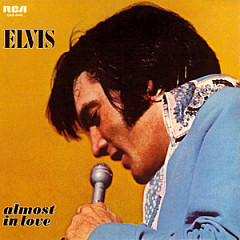
Elvis Presley's "A Little Less Conversation" was just a minor hit when it was released in 1968, but a 2002 remix made the song a global smash, taking it to #1 in a number of countries, including Australia and the UK.
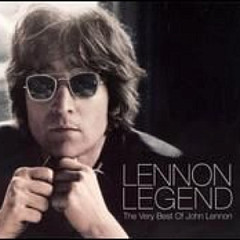
"Instant Karma" is one of John Lennon's most hopeful songs, written and recorded in one day at a time when he felt people were pulling together in a positive direction.

Kid Rock performed his song "Amen" at Barack Obama's inaugural, but claims he didn't vote for him.

Mark Knopfler of Dire Straits wrote "Private Dancer," which went to Tina Turner when he realized it wasn't a song for a man to sing.
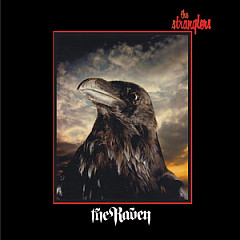
"Nuclear Device (The Wizard of Aus)" was written about the then Premier of Queensland, Joh Bjelke-Petersen. His political shenanigans were observed by the band during their first tour of Australia.
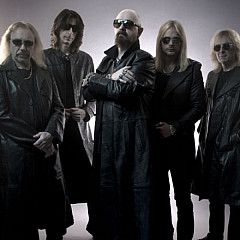
Rob Halford, Richie Faulkner and Glenn Tipton talk twin guitar harmonies and explain how they create songs in Judas Priest.

Shaun breaks down the Seether songs, including the one about his brother, the one about Ozzy, and the one that may or may not be about his ex-girlfriend Amy Lee.

Glen Ballard talks about co-writing and producing Alanis Morissette's Jagged Little Pill album, and his work with Dave Matthews, Aerosmith and Annie Lennox.

Evelyn McDonnell, editor of the book Women Who Rock, on why the Supremes are just as important as Bob Dylan.
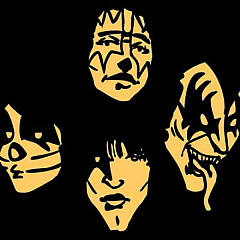
Kiss is the subject of many outlandish rumors - some of which happen to be true. See if you can spot the fakes.